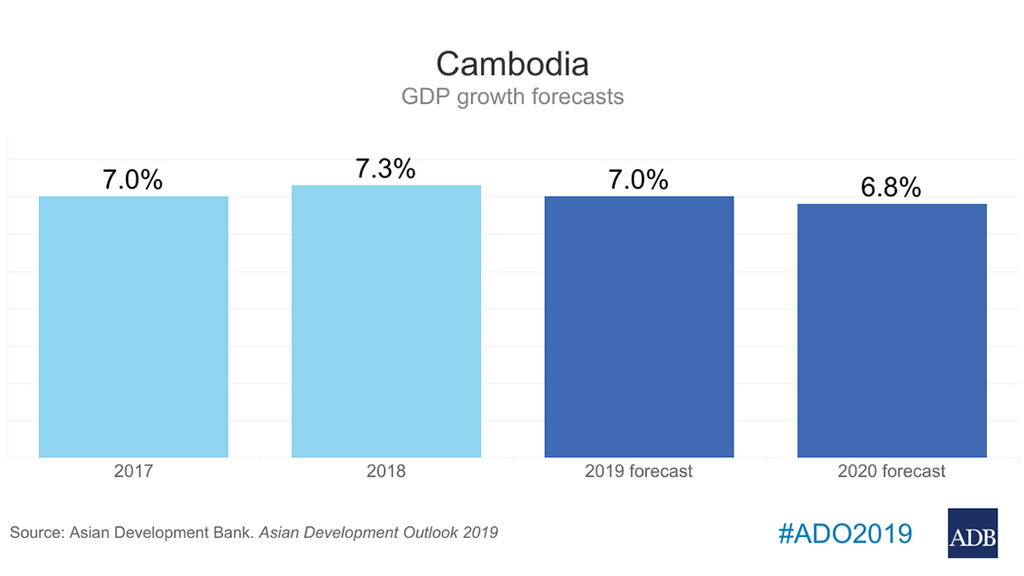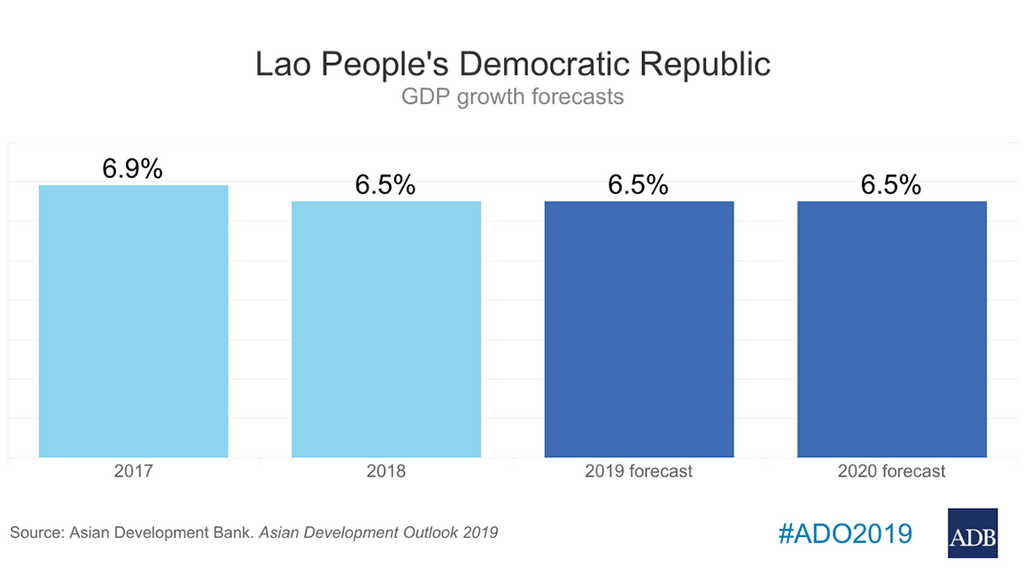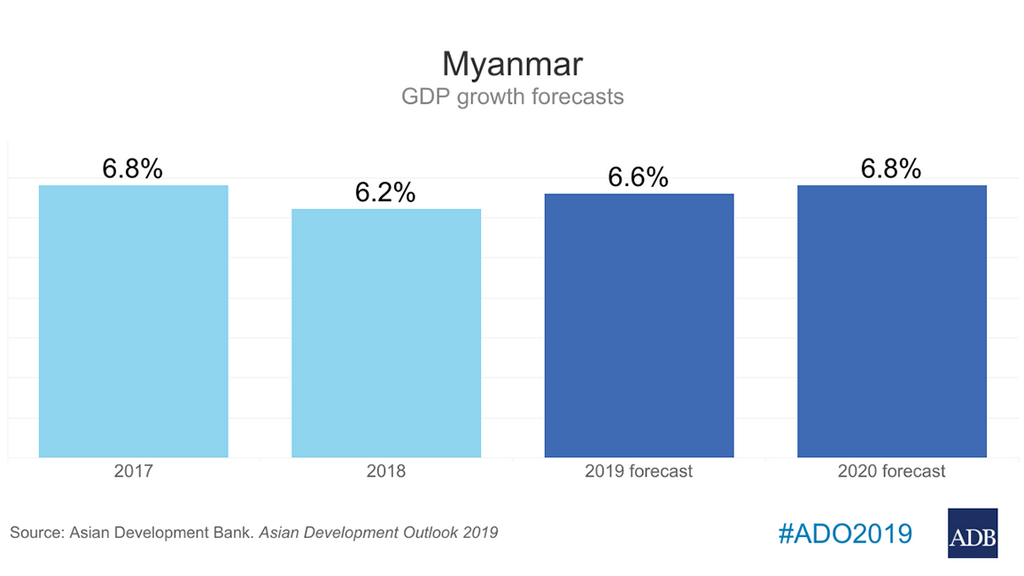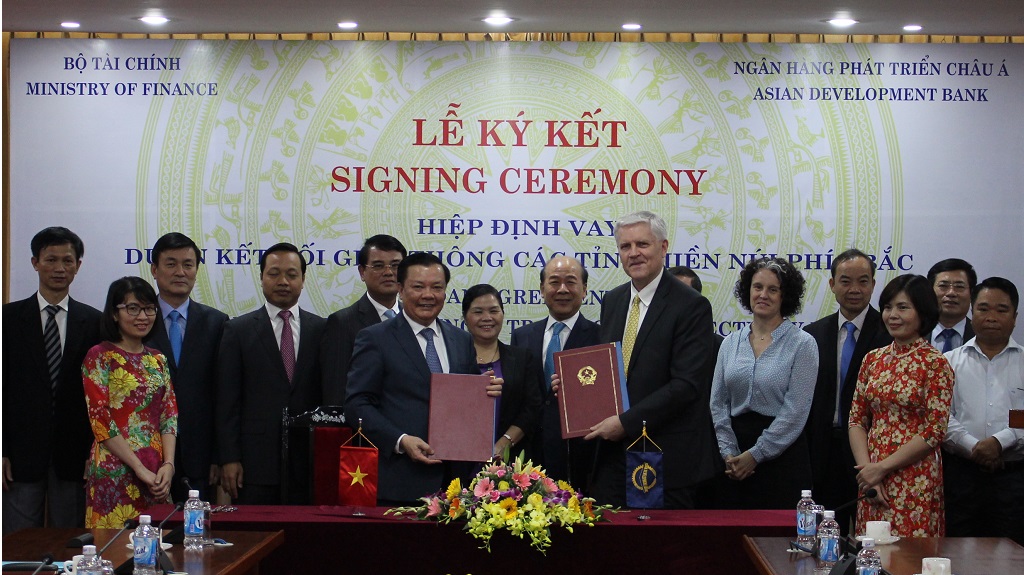ASEAN Facility to Fund Critical Infrastructure in Mekong Countries
The ASEAN Infrastructure Fund has launched an “Inclusive Finance Facility” to provide concessional financing for critical infrastructure in three countries in the Greater Mekong Subregion—Cambodia, the Lao People’s Democratic Republic, and Myanmar.







